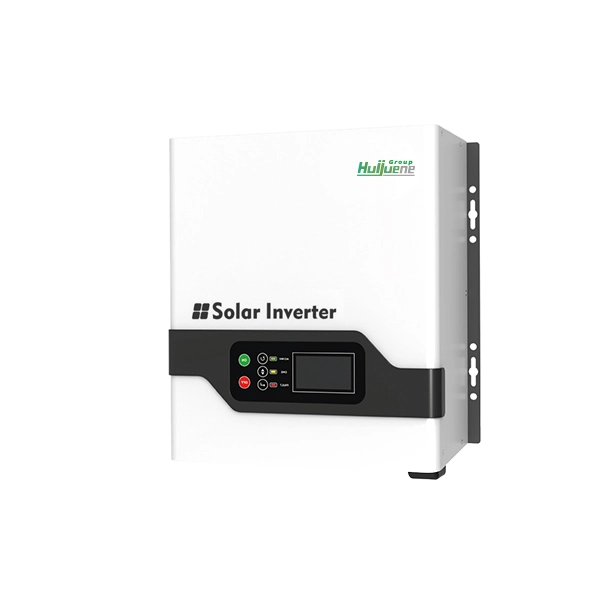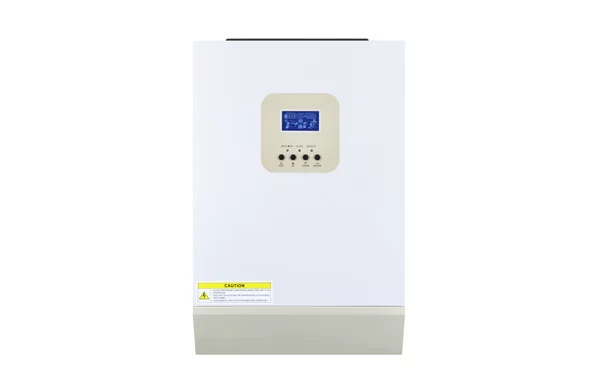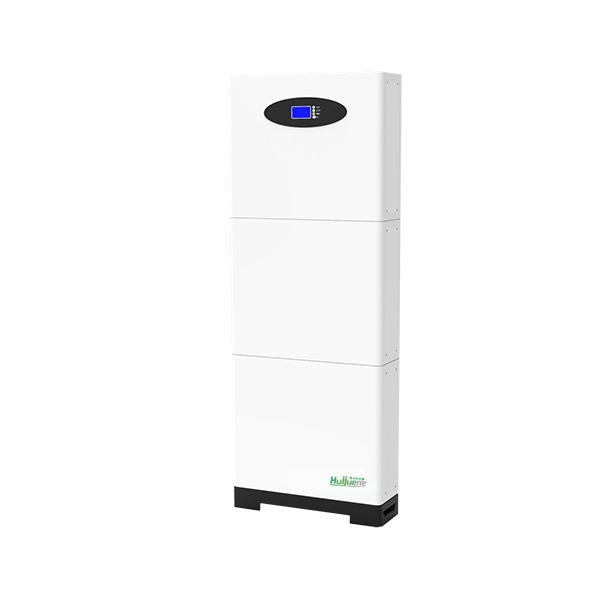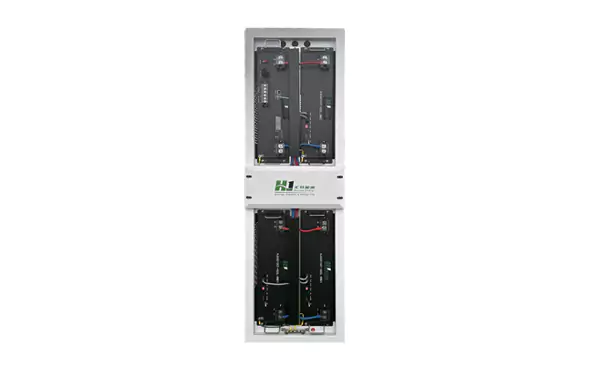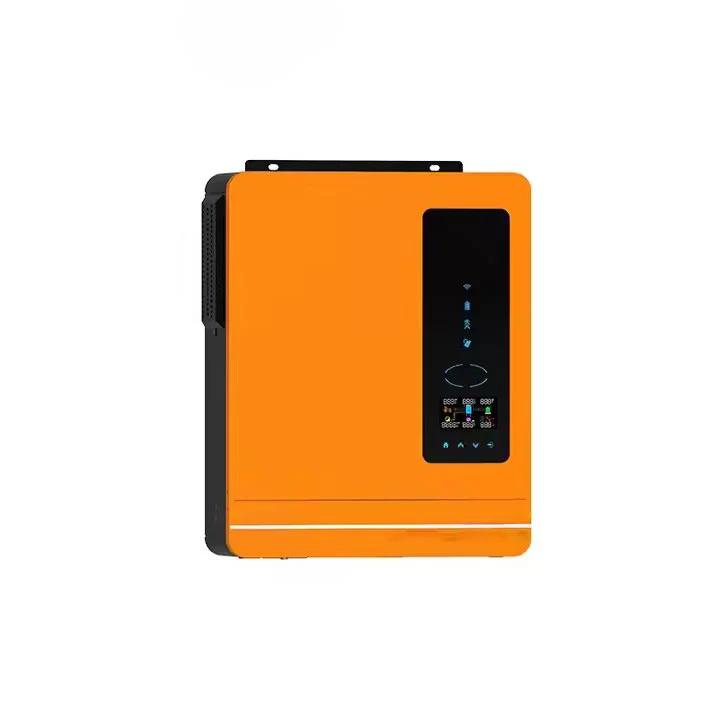5 Greatest Advantages of Portable Energy Storage Systems
Portable Energy Storage Systems have revolutionized residential and commercial energy management for the past three or so years. From powering rural retreats to providing backup during power outages, these systems are transforming our understanding of energy independence. But just how much are they worth, and why are they a 2025 phenomenon?
What Is a Portable Energy Storage System?
A Portable Energy Storage System is just a light, mobile appliance designed to store electricity for future use. Lithium-ion or lithium iron phosphate batteries typically power them, allowing users to have handy, on-demand power wherever it is needed. They differ from traditional stationary storage technologies in their mobility, making them extremely transportable and readily deployable in many scenarios, from outdoor activities to emergency power.
Key Components:
- Battery Pack:Core energy storage, typically lithium-based.
- Inverter:Converts DC from the battery to AC for industrial or home use.
- Charge Controller:Ensures safe charging, usually solar panel compatible.
- Portability Features:Handles, wheels, or modularity for ease of transportation.
For additional technical specification detail, the U.S. Department of Energy provides an overview of energy storage technologies.
1. Energy Independence Anywhere
Maybe the biggest advantage of a portable energy storage system is one of liberty. Consider a weekend in the Rockies or a remote beach location with no electricity—these systems enable users to power lights, fans, or even small kitchen devices without access to the grid.
Have you ever considered that a small cabin can be off-grid? Believe it or not, it is possible. A foldable solar panel and a modular portable energy storage system can generate sufficient power for lighting, heating, and basic electronics to make living totally off-grid feasible.
Example: At Canada’s Banff National Park, residents of local eco-lodges installed foldable solar panels and portable storage systems to power their cabins in an environmentally friendly way, eliminating the use of diesel generators.
2. Backup Power for Emergencies
Power loss can occur at any time owing to natural disasters or grid outages. Portable energy storage devices serve as a dependable backup power source, powering critical devices in the event of emergencies.
For residential consumers in hurricane-susceptible regions such as Florida, a 500Wh–2kWh portable system can power refrigerators, medical equipment, and communication devices until the grid comes back online.
According to EnergySage, more families are investing in portable energy storage precisely for this reason.
Advantages for Emergency Application:
- Rapid deployment: Can be relocated where needed instantly.
- Scalability: Multiple units can be stacked together for larger capacity.
- Safe operation: Normally features advanced protection against over-charging, short-circuiting, and over-heating.

3. Compatibility with Renewable Sources
Portable energy storage devices are very compatible with renewable energy technologies, particularly solar power. Solar panels that are foldable and modular can be used directly to charge these devices, and hence they are suitable for off-grid solar installations.
Application: NGOs use foldable solar panels and portable storage devices in rural India to electrify schools in remote locations, providing uniform lighting to classrooms and computers in villages not on the grid.
Benefits are:
- Less use of fossil fuels.
- Flexibility to grow as the energy needs grow.
- Storage of excess solar energy at the moment for use varies later on.
4. Flexibility and Portability
Unlike fixed station batteries, portable energy storage devices are designed to be portable. Whether across rooms within a residential home, transporting to a campground, or serving intermittent construction sites, their modular design allows phenomenal flexibility.
Use an example: can a building team supply power to multiple tiny tools using one unit at a building site? Sure. Cases like the EcoFlow Delta Pro or Bluetti AC200P have wheels and handles for easy transport.
Portability Features:
Feature | Description |
Foldable Design | Solar panels fold into a compact size for transport |
Wheeled Base | Rolling units for large capacity batteries |
Modular Expansion | Various units stacked to increase storage capacity |
5. Cost-Efficiency Over Time
Although upfront investment in portable storage systems might appear greater compared to conventional generators, long-term cost savings are notable. Through the reduction of fuel intake, utilization of solar power, and diminished dependency on grid power, users can recoup investment within a few years.
Moreover, these systems do not demand much maintenance compared to traditional generators, and their life expectancy (5–10 years for lithium-ion systems) guarantees long-term dependability.
Case Study:
In the Southland, a community deployed movable energy storage devices for emergency preparedness. By solar charging combined with lithium-ion storage, residences reduced diesel generator usage by 80% and decreased yearly energy bills by quite a significant amount.
Common Things to Keep in Mind When Choosing a Portable Energy Storage System
- Capacity Needs:Determine the watt-hour (Wh) requirement for your intended devices.
- Charging Options: Check support for solar panels, carports, or home outlets.
- Weight & Mobility:Evaluate portability factors if repositioning is in demand regularly.
- Safety Features:Look for units that have overcharge, overheating, and short-circuit protection.
Most Frequently Asked Questions About Portable Energy Storage Systems
It is often wondered whether one unit will power an entire house. In practicality, it is based on your energy requirements and the capacity of the unit; it may be in demand to utilize multiple modular units in combination for extended use.
Others worry about lifespan and maintenance: lithium battery systems typically have a lifespan of 1,000–2,000 cycles, and periodic checks ensure peak performance.
Last but not least, how does it integrate with solar? With the right solar panels, the systems can charge efficiently during the day and discharge at night, building a mini off-grid energy system.

